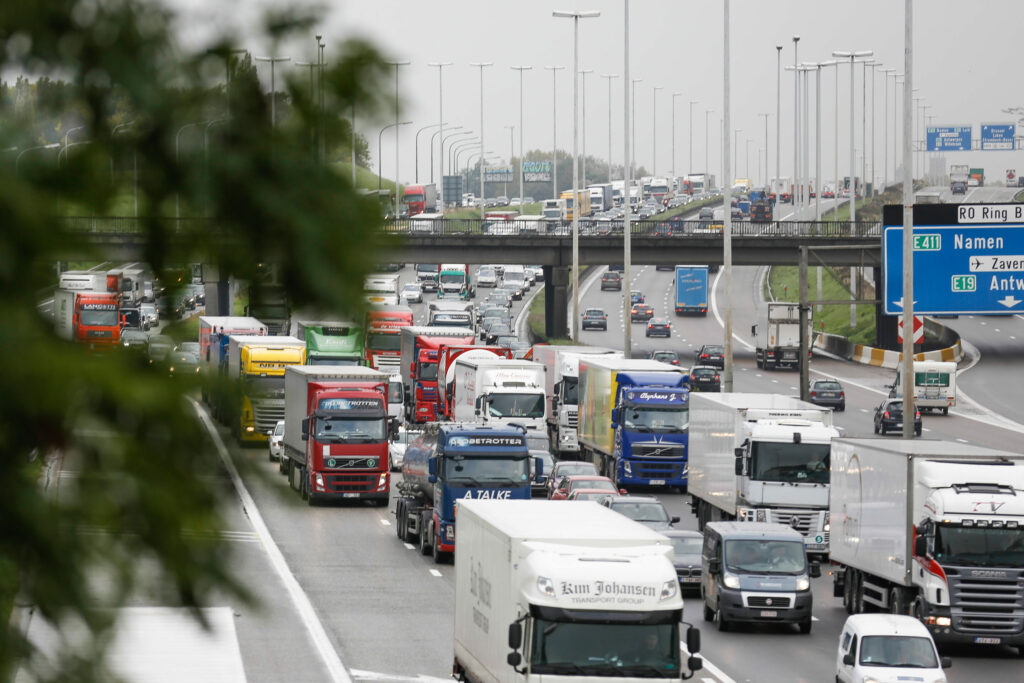Never before have Flemish roads been as busy in September as last month. This marks the sixth month this year that record traffic jams have been recorded in the region.
The past few months have been particularly busy on Flemish motorways. 2024 started with January's record for traffic jams being broken and the trend has since continued. May became the heaviest month for traffic jams ever measured and more records were broken in February, March, April, July and August. Last month also marked the busiest September on Flemish roads, VRT NWS reported.
Traffic jams in September averaged 988 kilometres.hour – the highest figure since measurements started in 2011. The previous record for September was set in 2022, with 917 kilometres.hour. This new monthly record is more than double that of 2012 when an average of 463 kilometres.hour was recorded.
Kilometres.hour is the measurement used for congestion by the Flemish Traffic Centre (Vlaams Verkeerscentrum) and refers to how many traffic jams there are and how long they persist. For example, if there are 100 kilometres of traffic jams for two hours, the traffic jam severity is 200 kilometres.hour.
The rise in people working from home several days a week since the pandemic eases the morning rush hour, but that congestion only increases as the day progresses, meaning it does not cancel out business. The evening rush hour is usually the busiest.
Congestion costs
However, Flemish motorways are also busy during weekends. The weekend traffic jam heaviness was 286 kilometres.hour in September, up from 216 kilometres.hour in 2021.
The biggest cause behind the traffic jam records in the past few months has been roadworks. Major works are ongoing around Leonard just outside of Brussels and the construction of the Oosterweel link near Antwerp and maintenance of the Vilvoorde viaduct are also significant sources of traffic.
People driving in Belgium lost an average of six minutes and 32 seconds every day in traffic jams in the first half of 2024, amounting to an annual total of around 40 hours. Aside from being a nuisance, such congestion comes at a significant cost, hitting productivity and becoming an extra cost for businesses. Congestion in 2023 cost the Belgian economy €5.1 billion.

